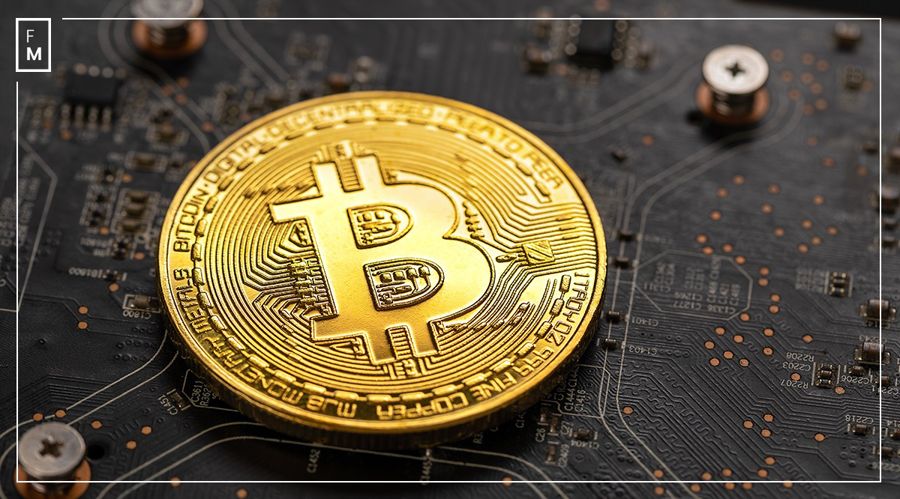With SEC’s approval confirmed, spot Bitcoin ETFs are officially set to launch, marking what some commentators believe is a turning point in Bitcoin’s history. Whatever events unfold from here, it’s worth considering why now is the right time for ETFs to get the green light, and how Bitcoin and the wider crypto industry may be affected from here.
Why Are ETFs Happening Now?
The first ever application for a bitcoin ETF was from the Winklevoss brothers, back in 2013 when BTC was trading below $100, and subsequent to that, there have been multiple further attempts, from the likes of Gemini (founded by the Winklevoss brothers), Ark Invest and Grayscale. None were accepted, and the SEC appeared intransigent.
What’s more, the SEC’s refusal to budge came as Bitcoin futures ETFs gained approval, and while spot Bitcoin ETFs were launched in other countries, including Canada and Australia.
All of which might lead one to ask what happened over the past year to cause BlackRock, one of the most influential financial firms in the world, to believe it was worth moving forwards with Bitcoin ETF plans, and why BlackRock and its Chairman and CEO, Larry Fink, suddenly displayed such enthusiasm for crypto anyway, after years of indifference.
Flashback to 6 years ago: This is what an ETF rejection looked like.#BTC #ETF #CryptoHistory #Throwback #BitcoinETF pic.twitter.com/PJSYOiiMvI
— Crypto Patel (@CryptoPatel) December 29, 2023
Did the Courts Force the SEC to Alter Course?
In the SEC’s case against Grayscale, the courts determined, last August, that the regulator had acted in an “arbitrary and capricious” way in denying Grayscale’s application to convert its Bitcoin Trust into a spot Bitcoin ETF, with the regulator previously having approved other, futures-based Bitcoin products.
This appears to have been a critical decision, apparently leaving the SEC with the option of opening the gates for multiple spot ETFs, or reversing course on futures ETFs and inviting legal action, in the knowledge that legal decisions were already not going its way.
Furthermore, while not directly related to ETFs, the SEC faced legal setbacks against Ripple three times in 2023. These setbacks included rulings that XRP, as traded on secondary markets, is not a security, the Commission being denied an interlocutory appeal, and all charges being dropped against Brad Garlinghouse, Ripple’s CEO, and Chris Larsen, the Co-Founder of Ripple. When those charges were dropped,…
























